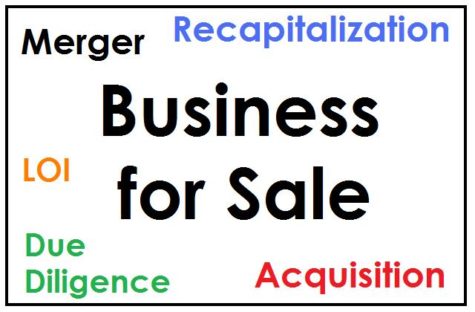Alteris periodically reports on M&A valuation metrics in the middle market. We are sometimes asked to expand on what’s behind the numbers. Especially given all the uncertainty during the pandemic.
This post and several following gives more detail as to what is happening in the market. It is based on what we are seeing and hearing from our clients and colleagues.
The pandemic has slowed down the entire acquisition process. It now takes significantly longer for a deal to reach closing than pre-pandemic. Many deals/acquisitions are on hold while management awaits clarification as to the economic direction.
In April of 2020, global buyout deal volume declined around 60% from 2020 pre-pandemic levels. As of March 78% of middle market companies (revenues between $10M and $1B) reported an expectation that growth will decline in 2020. Over 66% said that they would defer or eliminate capital spending.
More conservative deal structuring is much more common for those acquisitions that are proceeding. For example, the inclusion of earnouts has greatly increased. These earnouts emphasize performance in the near-in years, 2021 and 2022. There are higher equity requirements in each deal, meaning less leverage.
Most financial buyers are trying to buy “inexpensive” assets. They are looking for a good price. We’ve been hearing that many firms are expecting a strong recovery into 2021.
Many firms are still looking to acquire relatively “cheap” assets. They are probably expecting a significant recovery similar to the 2008-2009 rebound. For those large private equity funds with significant dry powder, we are seeing diminished funding contingencies and over-equitized initial considerations, with an expectation of refinancing at a later date.
The process has changed somewhat, depending on the parties and the deal. The process is more informal, with smaller conversations and private equity firms/sellers targeting a small group of potential buyers. This allows the seller to determine buyer interest. Arranging financing in the initial stages of the deal is being delayed, while this goes on.
Related to the above point, strategic acquirers seem to have a greater interest in developing a joint venture/partnership arrangement prior to an outright acquisition.
There seems to be a bunch of under-the-radar being negotiated with extended exclusivity periods. Most of the issues being brought up have to do with with COVID-19. The slower pace allows buyers and sellers to assess the risk under the pandemic circumstances and perhaps formulate solutions.



